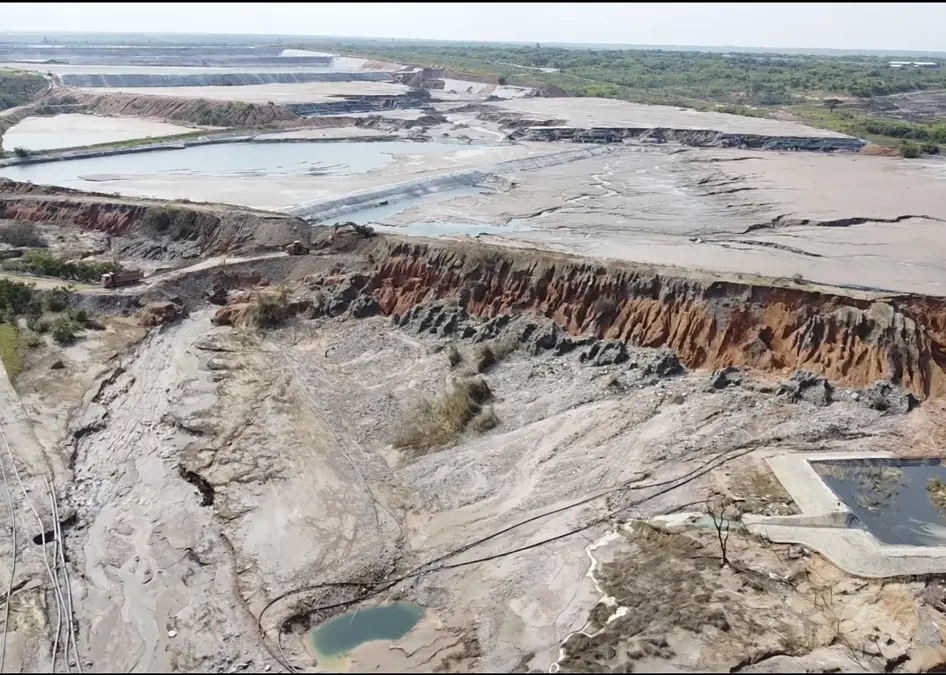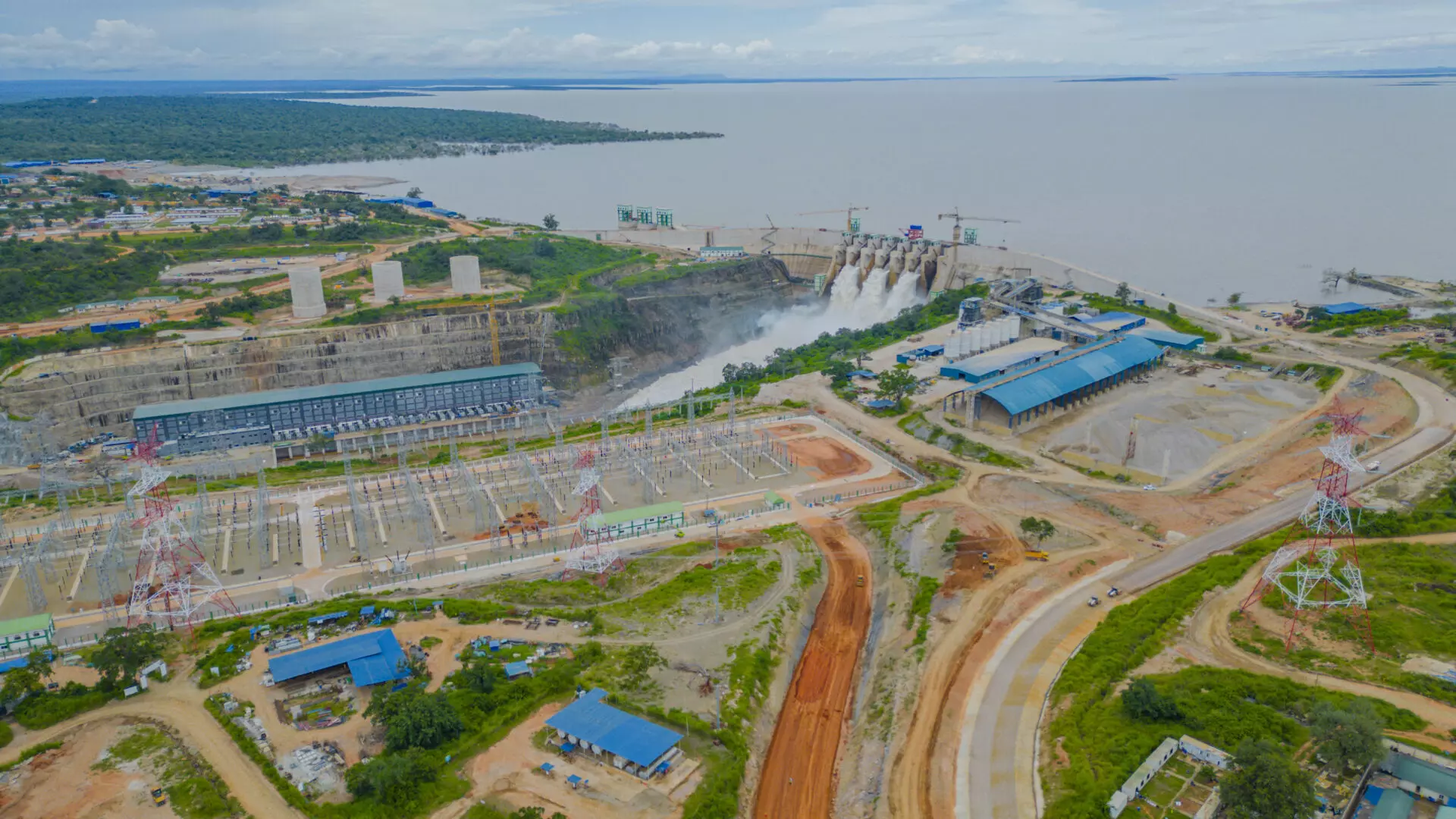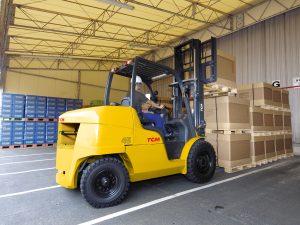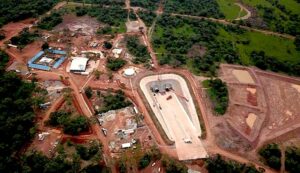Glencore hopeful SA export coal volumes could be restored to 60Mt in 2023
South Africa’s coal export shipments could be cut to 60 million tons (Mt) this year after an agreement between mining and Transnet to address rapidly deteriorating performance of state-owned ports and rail companies There is a nature.
Murray Houston, his CEO of Glencore Coal South Africa, said today that while industry involvement in Transnet is in the “early stages”, the partners “have yet to unlock this easily achievable achievement.”
Houston said:
“With this initiative, I think we can get back to 60Mt and surpass it if we continue the momentum of course.”
The Minerals Council South Africa, an industry body representing around 90% of South Africa’s mining output, signed a cooperation agreement with Transnet in December after first calling for the resignation of his CEO Portia Derby. bottom.
This happened after a sharp drop in Transnet performance. According to the Richards Bay Coal Terminal, an export terminal for companies like Glencore, coal shipments will drop to just over 50 million tonnes in 2022, a 30-year low.
Despite his 10-day maintenance program implemented by Transnet in November, the annual run rate of coal shipments from the country’s mines to Richards Bay fell to about 41 million tonnes in January.
This cooperation agreement established four working groups on freight routes for manganese, chromium, coal and iron ore to address some of Transnet’s fundamental issues.
Houston said sustained improvements to coal pipelines (and other commodities) could open the door to broader public-private partnerships. We need to consider intervention first to stabilize the line,” he said. “I think that’s the priority, but long-term contracts need to be finalized after 2024, and these discussions need to better understand the capacity and long-term capital requirements of lines that are serious about PPP concepts. there is,” he said.
Glencore CEO Gary Nagle said the “real solution” to Transnet’s problems is a public-private partnership where “government should somehow work with industry and everyone should contribute.”
“What it looks like is up for debate. It should look like a partnership, not a dependency. We have an idea on this and we are open to dialogue with the government.”
Transnet typically contracts bulk freight with major mining customers on a long-term take-or-pay basis. Under the agreement, the government agrees to pay for undelivered minerals and the mining companies are obliged to deliver those quantities to use the transnet lines.
Such sanctions are prohibited for state agencies, as evidenced by the fact that his fines of over R9.7 billion that Eskom paid to his Exxaro Resources were paid under a different kind of take-or-pay contract. increase. Transnet is now operating on behalf of the lenders who have waived their debts.
The new agreement could therefore see the mining companies contribute working capital and know-how to Transnet’s rail routes as part of a new commercial arrangement.
Glencore today announced consolidated adjusted EBITDA of $34.1 billion for the fiscal year ended December 2022, an increase of $12.8 billion year-over-year. The Group’s coal assets accounted for 56% of total EBITDA, driven by price increases of 163% and 117% respectively for Newcastle and API coal grades representing $12.2 of Group EBITDA.
“The global pandemic, its recovery, and years of underinvestment and ensuing conflict in Europe have exposed existing vulnerabilities in energy security and supply chains, leading to an overall high and volatile outlook for 2022. underpinned a favorable commodity price environment.”
Share this content:














